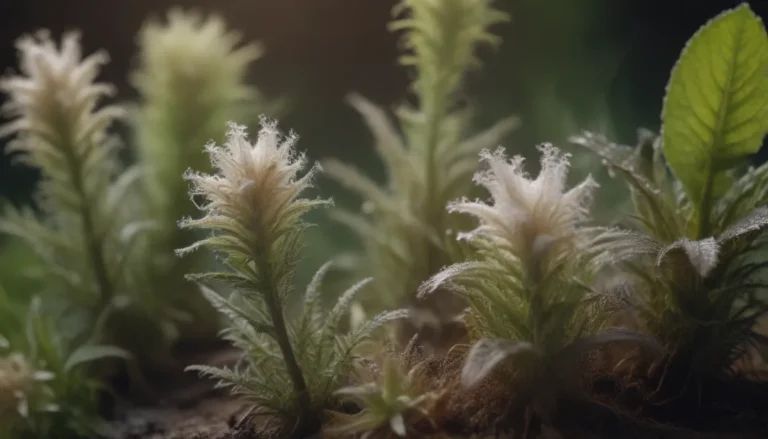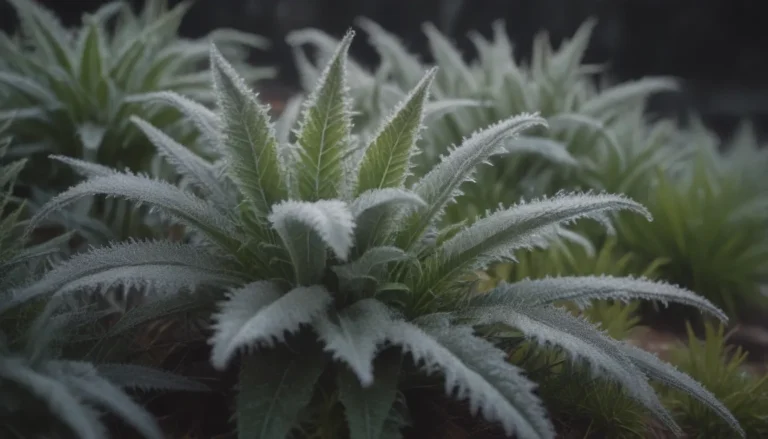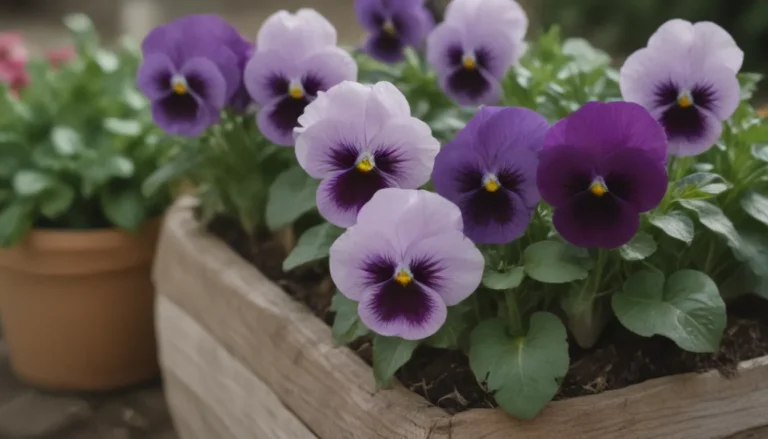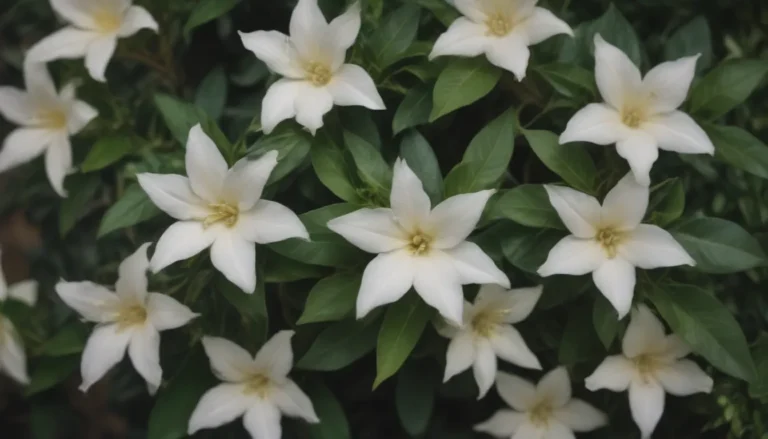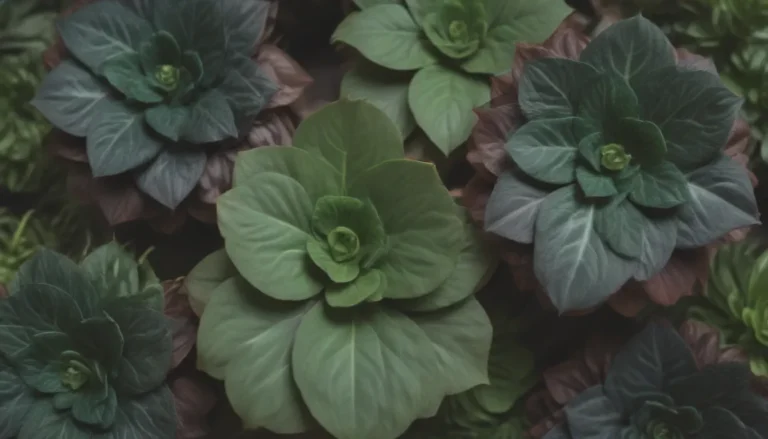A Comprehensive Guide to Naturally Get Rid of Aphids
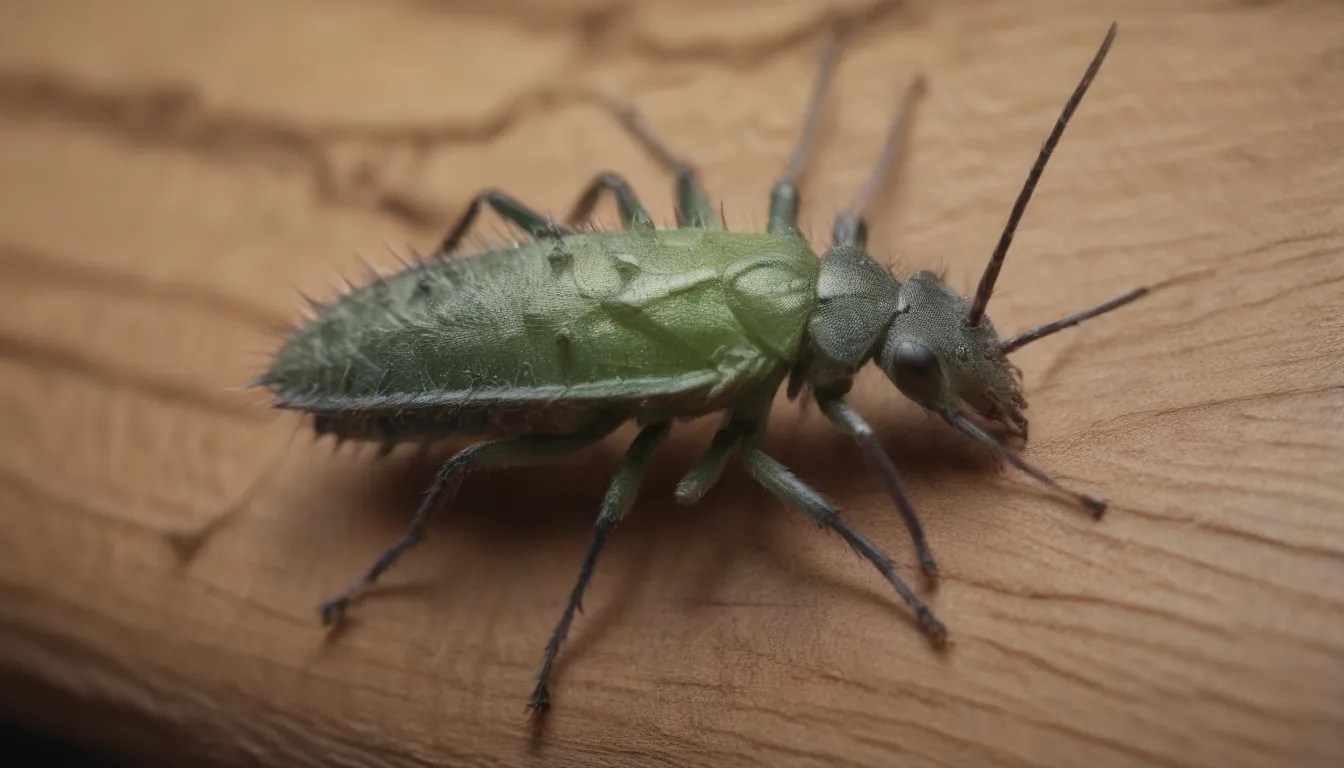
Aphids can be a real pain in the garden, wreaking havoc on your beloved plants and hindering their growth. But fear not, there are plenty of natural ways to combat these pesky insects without resorting to harmful chemical pesticides. In this in-depth guide, we will explore ten effective methods to get rid of aphids and keep your garden thriving.
Meet the Experts: Petar Ivanov and Jana McDaniel
Before we dive into the various methods of aphid control, let’s meet our expert gardeners, Petar Ivanov and Jana McDaniel. These knowledgeable individuals have a wealth of experience when it comes to managing garden pests and promoting plant health naturally. Their expertise will guide us through the best practices for combating aphids in your garden.
What Aphids Do in the Garden
Aphids may be small, but they can cause significant damage to your plants. These tiny insects feed on plant sap, which can lead to stunted growth, curled leaves, discolored foliage, and reduced flower and fruit production. In addition to damaging plants directly, aphids also excrete a sticky substance called honeydew, which can attract black sooty mold and hinder the plant’s ability to photosynthesize effectively.
Signs You Have Aphids
Before you can take action against aphids, you need to identify their presence in your garden. Look out for the following signs that indicate an aphid infestation:
- Curling or discolored leaves
- Stunted plant growth
- Sticky honeydew residue on leaves
- Presence of ants on plants (as they often “farm” aphids for their honeydew)
10 Ways to Get Rid of Aphids Naturally
- Remove Aphids by Hand:
- Wear waterproof gloves and gently rub the leaves and stems to crush or dislodge aphids.
-
Repeat this process every few days to ensure you remove all aphids and their eggs.
-
Knock Off Aphids With Water:
- Use a hose nozzle to spray aphids off plants.
-
Opt for a low-pressure spray pattern to avoid damaging delicate leaves.
-
Spray Plants With Garlic:
- Create a homemade garlic spray by soaking garlic cloves in mineral oil and water.
-
Dilute the solution and test it on a small section of the plant before applying it widely.
-
Apply a Tomato Leaf Solution:
- Soak tomato leaves in water overnight, strain the liquid, and spray it on your plants.
-
This solution can repel aphids and other pests while attracting beneficial insects.
-
Spray Plants With Neem Oil:
- Use neem oil as an organic insecticide to repel aphids, mites, and fungi.
-
Mix neem oil with dish detergent and water before applying it to your plants.
-
Introduce Aphid Predators:
- Ladybugs, lacewings, and syrphid fly larvae are natural predators of aphids.
-
Avoid introducing ants, as they can protect aphids from predators.
-
Add Repellant Plants:
- Plant aromatic herbs and flowers like chives, petunias, and marigolds to deter aphids.
-
Companion planting with marigolds can repel a variety of pests, including aphids.
-
Spray a Soapy Solution:
- Create a simple solution of mild dish soap, vegetable oil, and water to combat aphids.
-
Rinse the plants with clean water after applying the solution to remove residue.
-
Use Reflective Mulch:
- Lay down silver-colored reflective mulch around garden beds to repel aphids.
-
Reflective mulch also promotes plant health by increasing solar energy absorption.
-
Reduce Nitrogen Levels:
- Decrease nitrogen content in over-fertilized plants to discourage aphid infestations.
- Switch to organic fertilizers for slow-release nitrogen that won’t attract aphids.
By implementing these natural methods, you can effectively manage aphids in your garden and promote the health and vitality of your plants. Remember to observe your plants regularly and adjust your pest control strategies as needed to keep aphids at bay.
Additional Resources and Recommendations
For further information on aphid control and natural gardening practices, consider exploring the following resources:
- University of Minnesota Extension: “Aphids, Scales, and Mites on Home Garden and Landscape Plants”
- University of California: “Aphid-Eating Insects”
- University of Washington: “Managing and Controlling Aphids”
- University of Arizona: “The Best of Enemies: A Brief Guide to Companion Planting”
- University of California’s Statewide Integrated Pest Management Program: “Reflective Mulches”
In conclusion, with a proactive approach and a bit of know-how, you can effectively combat aphids in your garden using natural, environmentally friendly methods. By following the expert advice of Petar Ivanov and Jana McDaniel, you can create a thriving garden that is free from aphids and other common pests. Happy gardening!
